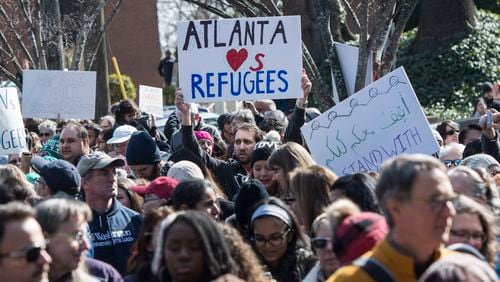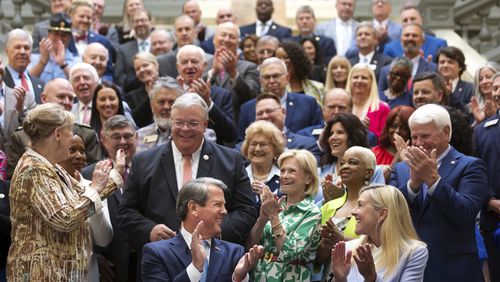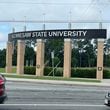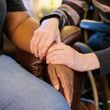One of two Yemen-born sisters unable to leave Saudi Arabia after President Donald Trump’s travel ban is back in the states, Georgia State University officials said Wednesday.
Rakhaa Noaman, a sophomore at the school, returned to the country over the weekend.
Clark Atlanta officials said Reham Noaman, a third-year doctoral student, remained out of the country for personal reasons.
“She is continuing her education through a virtual program we’ve set up just for her,” Clark Atlanta spokesman Mario Boone said Wednesday.
The family fled to Saudi Arabia from Yemen, which is embroiled in a civil war, several years ago.
Trump’s executive order, issued on Jan. 27, blocked those trying to enter the United States from Iran, Iraq, Libya, Somalia, Sudan and Syria for 90 days. Those from Yemen are banned indefinitely. The Noamans have Yemeni passports, but both also have F1 visas, which permit seeking higher education in the United States.
Universities have been mostly silent on the order, directing people to their international student service offices for answers. Several professors have signed online petitions against the order, and spoke out against the perceived nonresponse from university leaders.
About 421 Clark Atlanta students are international, with about a dozen from the seven listed countries. University officials said Trump’s executive order sparked fear in several of their students, even those from other countries.
About the Author







